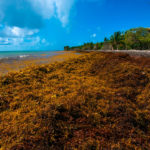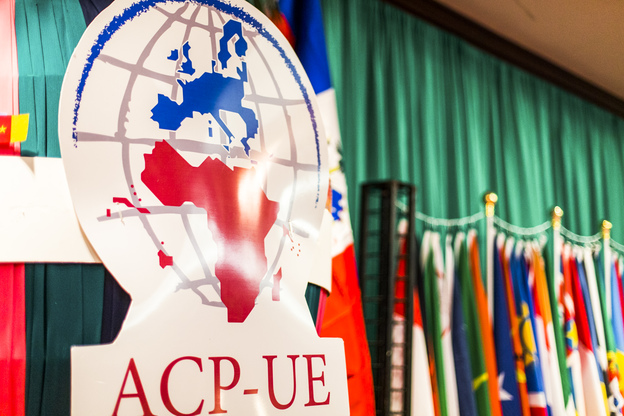Department of Economic and Business Sciences, with Erasmus + to increase skills in the Latin American and ACP regions for the proper management of the natural environment. Coordinated by Anna Maria Pinna, the initiative involves an interdisciplinary team of UniCa teachers
Cagliari, December 11, 2018 – The STOREM project (Sustainable Tourism, Optimal Resources and Environmental Management – CBHE 2018) takes its first steps, whose objective is to develop the curricular programs of 5 Caribbean universities in the Latin American and ACP regions (Africa Caribbean Pacific) under the thematic priority of environmental protection. Public and private actors in the regions involved have expressed the need for more skills for the proper management of the natural environment, against the threats of climate change and other risks that affect the coast.
The action aims to implement two new Masters in the field of sustainable tourism and resource management at a Colombian and Costa Rican university, while integrating graduate programs from the other three universities.
The action proposed by the project, coordinated by Anna Maria Pinna, professor at the Department of Economic and Business Sciences, integrates the multidisciplinary learning of EU universities and the experience of research on sustainability issues with the experience of the most important university in the Caribbean (University of the West Indies) in training graduates in various aspects of environmental protection and natural resource management. Also for this reason, the project has an interdisciplinary team of UniCa teachers: with Anna Maria Pinna, Gianluigi Bacchetta, Carla Massidda, Rinaldo Brau and Patrizia Modica also participating in the planned activities.
STOREM aims to activate a capacity building process to ensure that sustainability and environmental protection are integrated into social and economic problems. The project also addresses the integration process of refugees in universities.
The consortium is made up of 8 partners, two from Europe (University of Cagliari, project leader and the Paul-Valéry-Montpellier University), 5 partners from the Latin American region (University of Magdalena; School of Administration, Finance and Technological Institute – EAFIT; and the Planning and Development Unit – UPD in Colombia; University Association for International Cooperation – UCI and Foundation for Tourism Research and Development – UTUR in Costa Rica) and 1 ACP partner established by the University of the West Indies in Barbados.
The objective of the consortium, in the design of the new Masters, is to support the associated institutions with the necessary requirements for the Bologna process. Furthermore, by establishing observatories on sustainable tourism and environmental protection, through the interaction between universities, public and private actors, the project will allow colleagues from the countries involved to access the most advanced knowledge and share good practices.
A specific interest on the issue of refugees, within the Colombian peace process, adds another innovative element to the proposed action through the participation of associated entities and indigenous communities among the project’s stakeholders.
Source: Sergio Nuvoli (UniCa Press)
https://www.unica.it/unica/it/news_notizie_s1.page?contentId=NTZ144509





